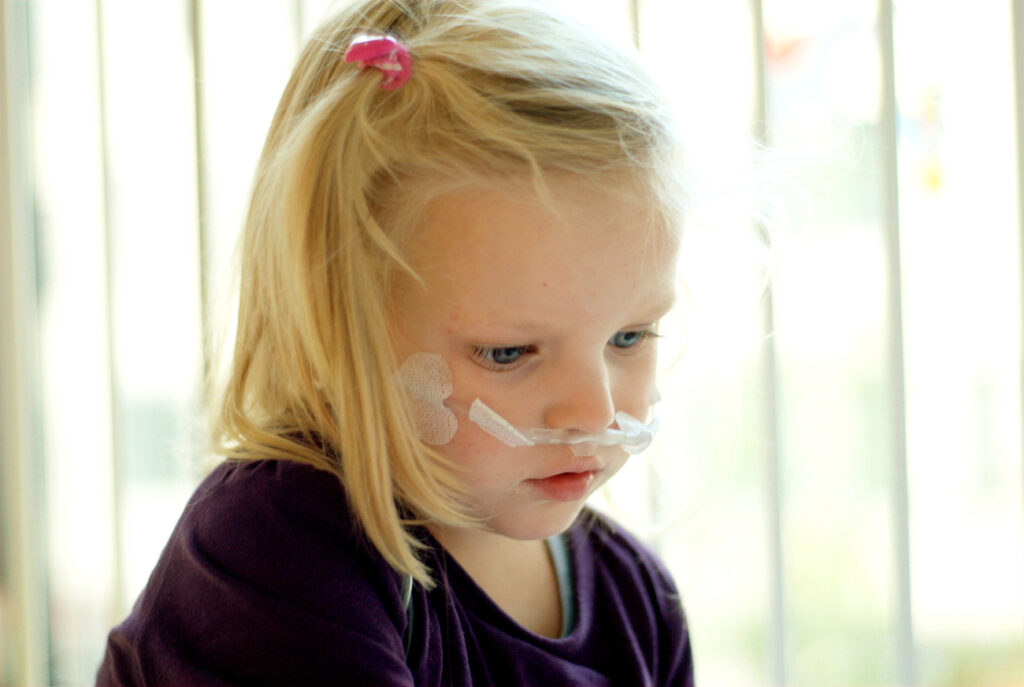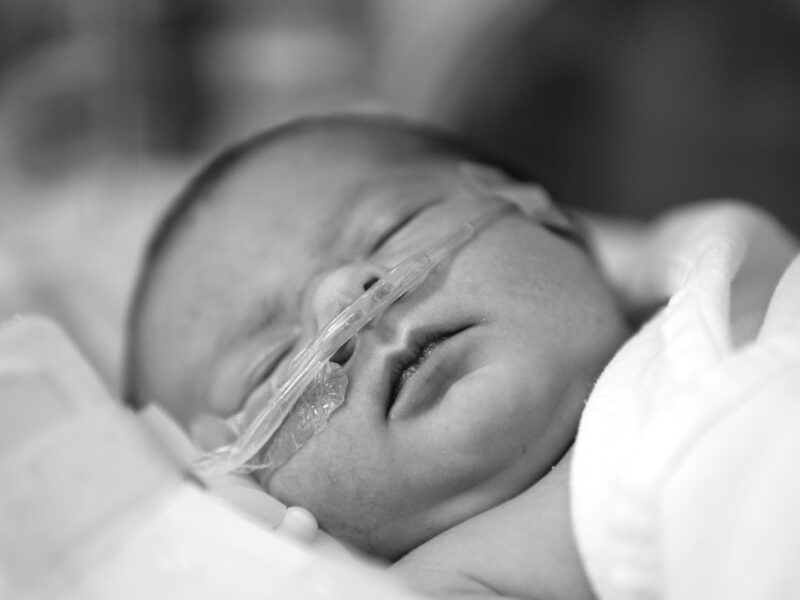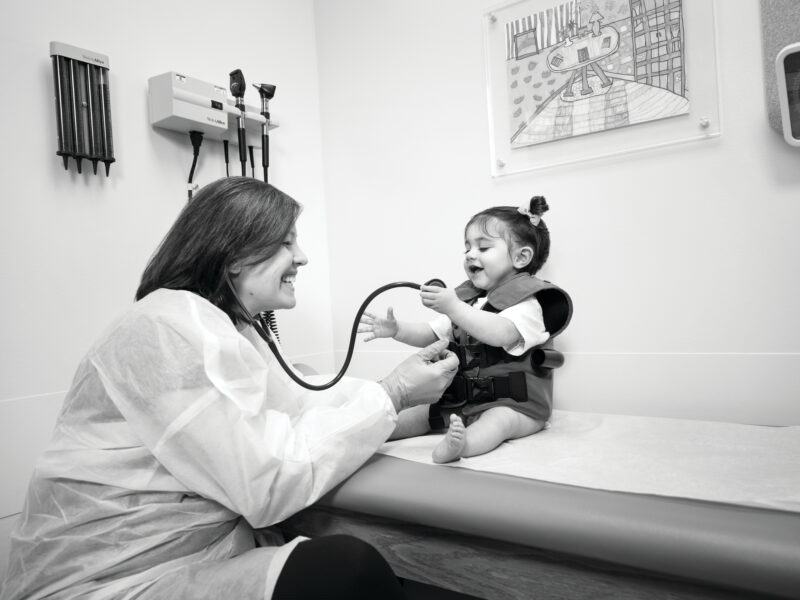Supporting Children With Interstitial and Rare Lung Disease
Supporting Children With Interstitial and Rare Lung Disease https://pediatricsnationwide.org/wp-content/uploads/2023/09/AdobeStock_64285837-1024x687.jpg 1024 687 Abbie Miller Abbie Miller https://pediatricsnationwide.org/wp-content/uploads/2023/05/051023BT016-Abbie-Crop.jpg- September 14, 2023
- Abbie Miller

In pediatrics, some causes of lung dysfunction, while rare in their own right, are fairly common – such as cystic fibrosis, bronchopulmonary dysplasia and asthma. Interstitial and rare lung disease (IRLD) is an umbrella term for 30-50 diseases that affect children worldwide. IRLD may affect 0.1 to 16 per 100,000 children, according to Katelyn Krivchenia, MD, pulmonary medicine expert, associate director of the Infant Cystic Fibrosis and Newborn Screening Program, and director of the IRLD Program at Nationwide Children’s Hospital.
“The wide range and imprecise incidence data are evidence of how little is understood about this group of disorders,” she says. “This is a newer, young field, and we have a lot to learn to support these patients.”
“Our program takes a holistic approach to care for these patients and their families,” says Dr. Krivchenia.
The clinic team includes dieticians, mental health coordinators, respiratory therapists, pharmacists and social workers, in addition to physicians and nurses. The team provides full lung testing in the clinic, with access to additional imaging, genetic and genomic testing and surgical biopsies if needed.
Patients seen in the IRLD clinic tend to fall into three categories:
Babies with oxygen needs.
These infants have breathing problems that require extra oxygen support, from nasal cannulation to mechanical ventilation. They may have structural problems within the lung anatomy or other problems with the lung that cause trouble bringing oxygen into the body.
“Babies with breathing problems might be in our NICU, or they might be well enough to be home, but there’s still a concern,” says Dr. Krivchenia. “Our team works to balance the need for testing to determine the underlying problem with the invasiveness and risks of sedation. They are also often slow to gain weight and may need a feeding tube. If needed, we work with colleagues in gastroenterology to ensure a G tube is placed to support infant growth and weight gain.”
Patients with a rheumatoid or immune disorder that affects the lungs.
These children are often older, and the condition has developed over time. Testing usually involves computed tomography (CT) scans and pulmonary function tests (PFTs).
“The children in this group often need more social-emotional support,” says Dr. Krivchenia. “They are learning to cope with chronic, sometimes progressive conditions, and their lives are changing because of it.”
Children with super rare genetic disorders.
Genetic disorders affect children of all ages and result in a wide range of symptoms, concerns and possible treatments.
“We meet the child and family where they are,” says Dr. Krivchenia. “Sometimes, that means starting the journey to finding a diagnosis by working with our colleagues in the Institute for Genomic Medicine. Often, that means collaborating with colleagues at other institutions or through research consortia to learn about these one-in-a-million disorders.”
The Children’s Interstitial Lung Disease Foundation (chILD) began with one doctor and a small group of families. The foundation officially formed in 2004 and has since grown into a network of experts and families working together to find answers and treatment options for IRLD.
They have established a patient registry to track patients and outcomes. The formation of the registry also creates new avenues of research, including longitudinal studies and clinical trials.
Nationwide Children’s IRLD program is proud to be in the process of joining forces with the chILD foundation as a registry site. Dr. Krivchenia also serves on the board of directors for this foundation.
Image Credit: Adobe Stock
About the author
Abbie (Roth) Miller, MWC, is a passionate communicator of science. As the manager, medical and science content, at Nationwide Children’s Hospital, she shares stories about innovative research and discovery with audiences ranging from parents to preeminent researchers and leaders. Before coming to Nationwide Children’s, Abbie used her communication skills to engage audiences with a wide variety of science topics. She is a Medical Writer Certified®, credentialed by the American Medical Writers Association.
- Abbie Millerhttps://pediatricsnationwide.org/author/abbie-miller/
- Abbie Millerhttps://pediatricsnationwide.org/author/abbie-miller/
- Abbie Millerhttps://pediatricsnationwide.org/author/abbie-miller/
- Abbie Millerhttps://pediatricsnationwide.org/author/abbie-miller/







